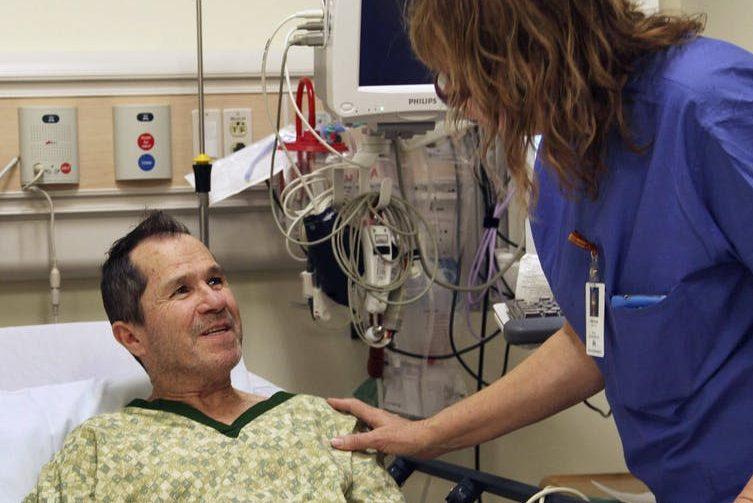“Cancer survivor” has become a catch-all phrase to refer to living individuals diagnosed with cancer at some point in their lives. Cancer clinics and clinicians, patient advocacy organizations, and media reports commonly use the term.
Using cancer survivor as a descriptor is certainly an act with good intentions. After all, people diagnosed with cancer have a diverse array of physical, emotional, social, and spiritual needs and the language of survival can be empowering to many of them. For this reason, institutions that focus on cancer have framed the term broadly. For example, the National Coalition for Cancer Survivorship has defined cancer survivor as “any person diagnosed with cancer from the time of initial diagnosis until his or her death.”



